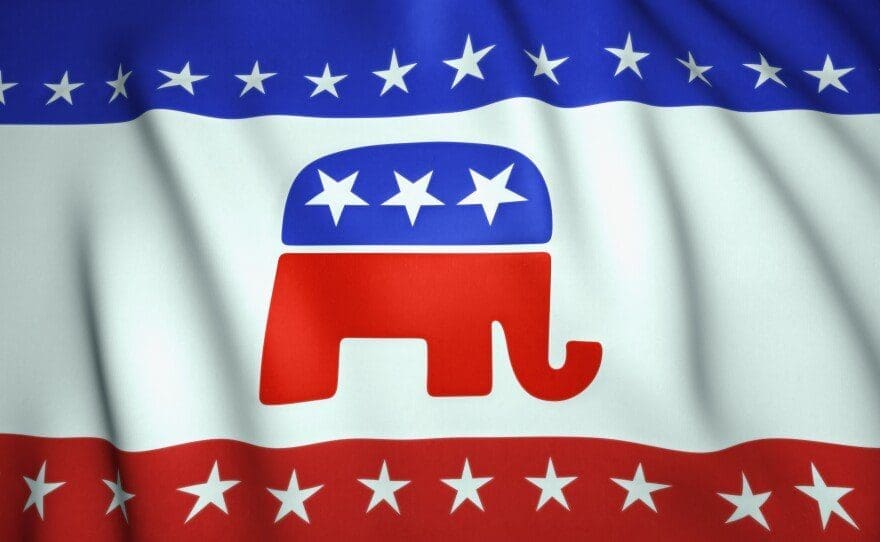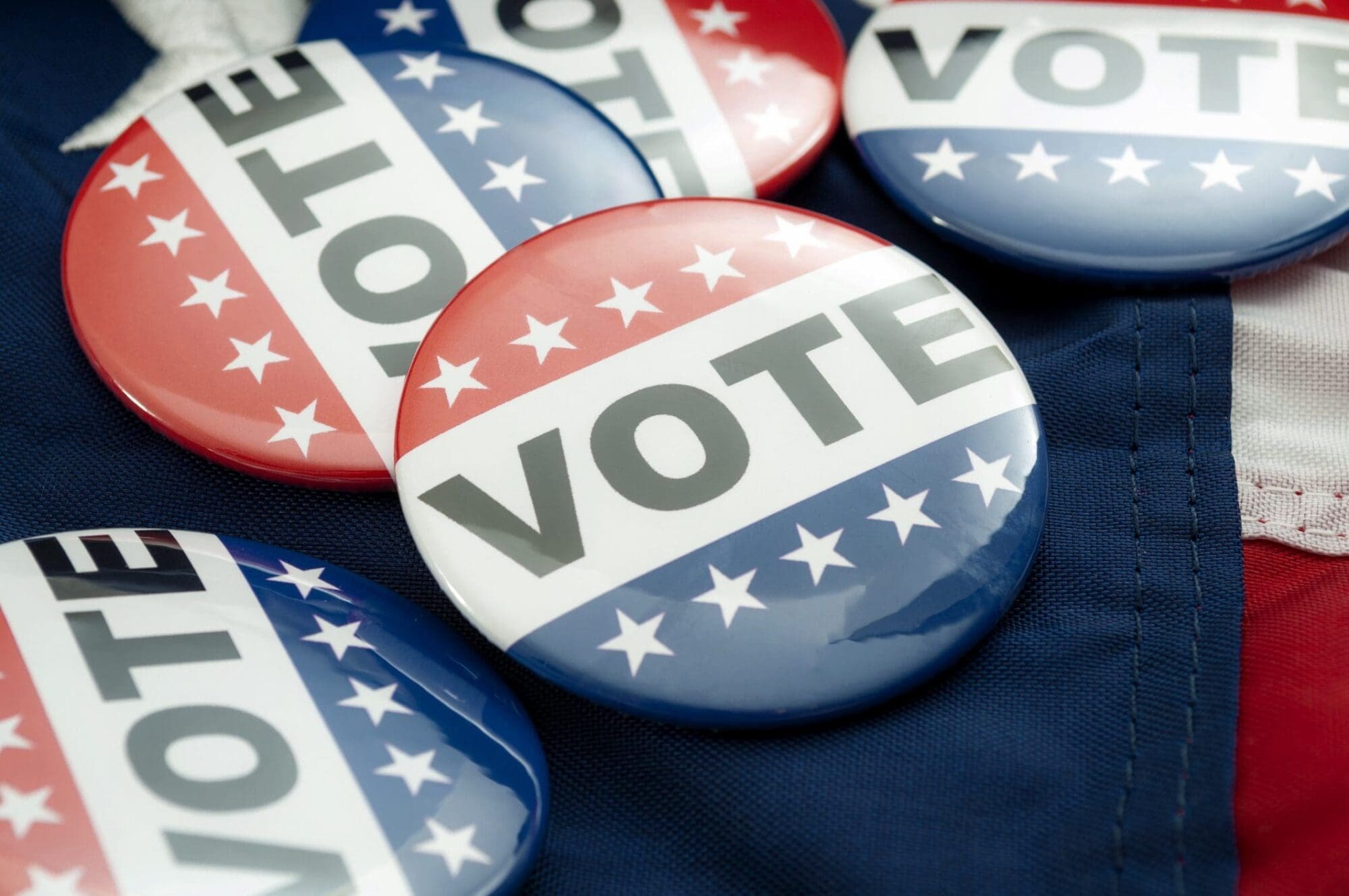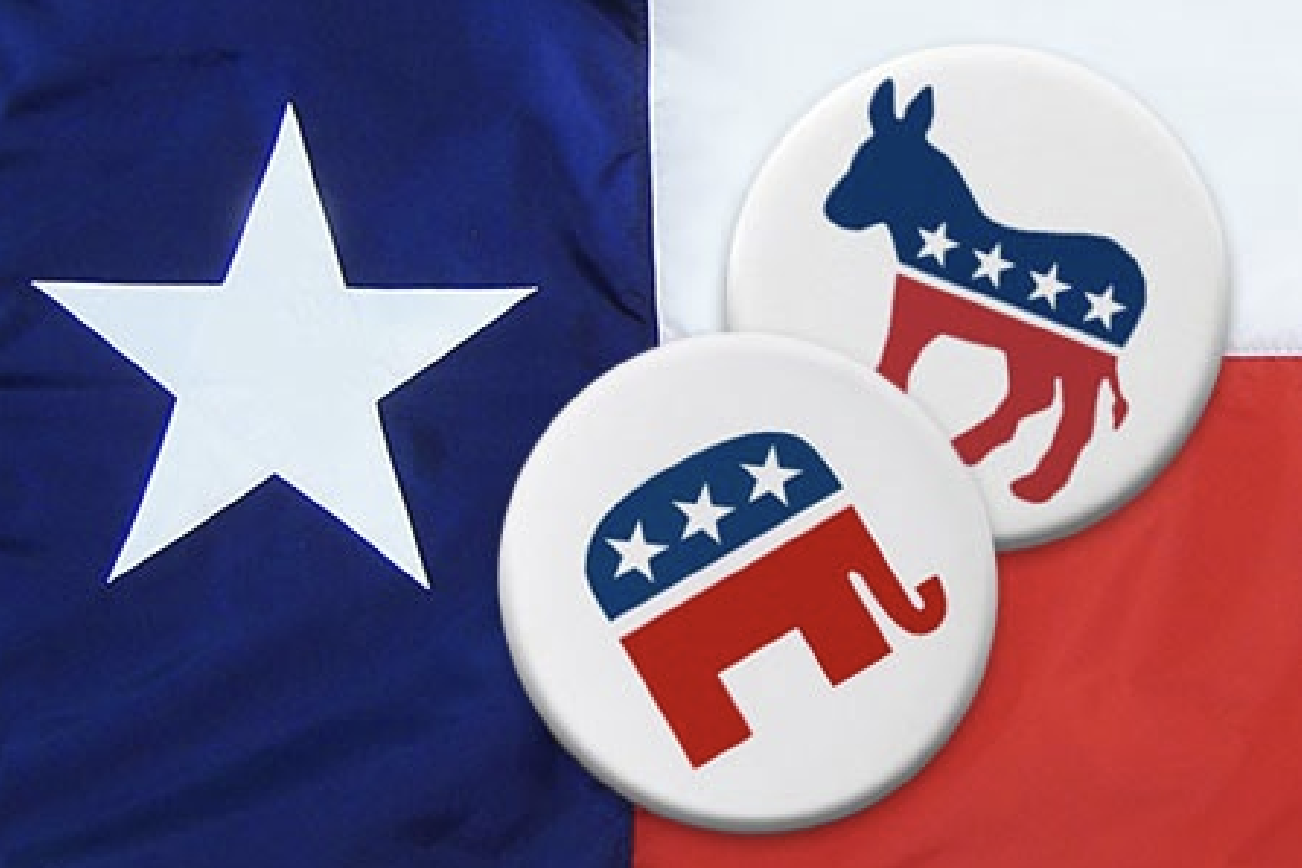On Thursday, former President Donald Trump issued a public letter urging Texas Gov. Greg Abbott to add an election audit to the ongoing special session agenda.
“Despite my big win in Texas, I hear Texans have big questions about the November 2020 Election. Bills to audit elections in your great state’s House and Senate were considered during Texas’ Second Special Session. Instead, the legislature passed a watered-down amendment that doesn’t even apply to the 2020 Presidential Election. This short amendment doesn’t answer the questions Texans have about the last election. Texans demand a real audit to completely address their concerns,” said the former president.
The amendment Trump alludes to was authored by State Rep. Bryan Slaton (R–Royse City) and was adopted onto Senate Bill 1, the election integrity bill that was finally passed during the second called special session. The amendment allowed for randomized county audits of four counties that are conducted by the Texas Secretary of State, whereby two of the counties must have a total population of fewer than 300,000 and the other two of more than 300,000. The amendment was adopted by a vote of 63-53, which included 14 Republicans who voted against the measure.
Trump continued on to specifically cite and endorse House Bill 16, authored by State Rep. Steve Toth (R–The Woodlands), saying, “This legislation specifically addresses the 2020 Presidential Election, and enables audits for future elections. The bill creates a process for candidates and party chairs to initiate an audit, and uses the same language as SB 97, which already passed the Texas State Senate, but did not have enough time to make it through the House during the Second Special Session.”
In the second special session, the Texas Senate both filed and passed Senate Bill 97 by State Sen. Paul Bettencourt (R–Houston) in a matter of days. But as it was considered in the waning days of the special session, it ultimately passed the Senate by a vote of 17-13, with State Sen. Kel Seliger (Amarillo) as the lone Republican voting against. The legislation was never considered in the House of Representatives.
Trump ended the letter by saying, “Governor Abbott, we need a ‘Forensic Audit of the 2020 Election’ added to the call. We’re quickly running out of time and it must be done this week. Texans know voting fraud occurred in some of their counties. Let’s get to the bottom of the 2020 Presidential Election Scam!”
Abbott received Trump’s endorsement in early June, and Trump visited the state later that month at the Texas-Mexico border. While there, Trump gave more positive remarks on Texas elections, saying, “I’d like to congratulate you and [Lt. Gov. Dan Patrick] and the governor because the election was an incredible thing. It ran smooth and we won like we were supposed to win as opposed to other states that we won, but they don’t show that way.”
Those remarks appear in contrast to his letter requesting election audits be added.
One of Abbott’s primary election challengers, former State Sen. Don Huffines reacted to the letter by saying, “I’m glad President Trump is pushing Greg Abbott to pass a forensic election audit here in Texas. Together, we can force him to do things he doesn’t want to do.” Huffines also said, Along with thousands of grassroots Texans, I have repeatedly called on Greg Abbott to stop blocking a forensic audit of the 2020 election. I am glad President Donald Trump is also demanding we know the truth about the election.”
Abbott added two items to the ongoing special session on Wednesday, which did not include an election audit. He can add to the agenda at any time.





